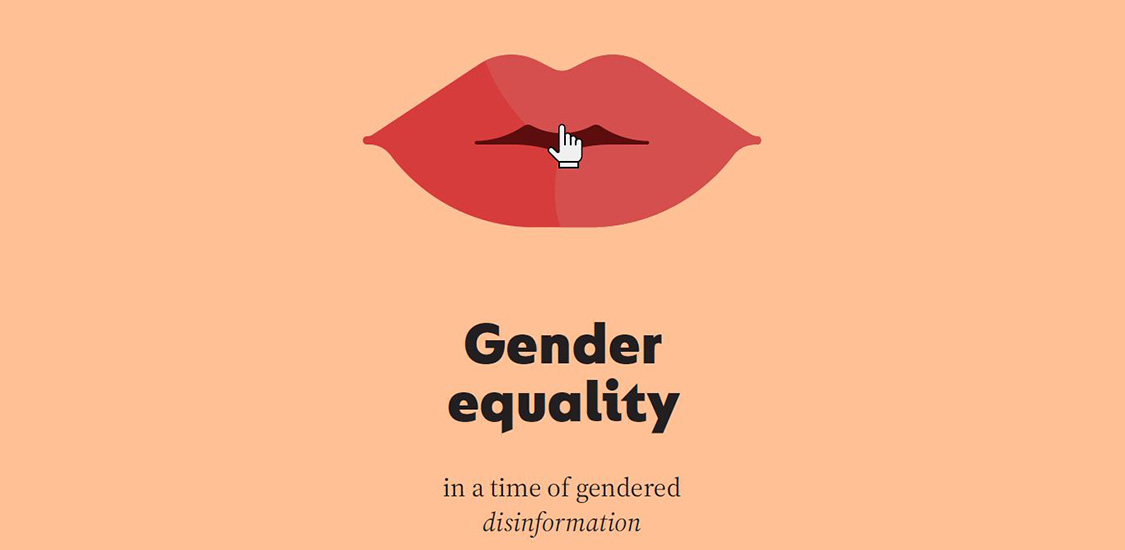
Anti-gender narratives and disinformation widespread in the media
The media have enabled anti-gender narratives to become widespread in the media space, thus contributing to the introduction and dissemination of gendered disinformation during the reporting on the events related to the Draft Law on Gender Equality and the amendments to the Law on Civil Registry.
This is shown by the analysis “Gender equality in a time of gendered disinformation“, prepared by the Institute of Communication Studies (ICS), covering the period from May to July of this year. The analysis included news reports on the events related to the Pride Parade (Skopje Pride 2023) and the protest organized by the Macedonian Orthodox Church (MOC) and other conservative and religious organizations, which took place in June. More than 1,000 online reports and 7,000 comments to the news reports posted on Facebook were analysed.
Most of the reports are usually reduced to the transmission of “information they were given on a plate”, through the messages and activities of the religious and conservative organisations and individuals, which contain disinformation. News reports do not delve deeper into the content of the transmitted statements, do not provide a critical review of them, nor do they verify the claims that are transmitted. Furthermore, the relevance of the expertise of certain persons on the issues they address is not at all questioned. By doing so, the media do not allow the audience to distinguish between facts and disinformation and they directly contribute to narratives based on regressive patriarchal views and gender stereotypes, which in turn reinforces gender inequality in society, the analysis specifies.
The analysis states that, by providing space for spreading gendered disinformation, the media contribute to dehumanization and demonization, as well as direct verbal attacks and threats to supporters of gender equality and the LGBTI+ community, most of whom are women. Narratives that call for violence and sexualize women are used in the comments made on news reports on Facebook, which the media do not hide or delete, enabling the mobilization of the public to support and create more such content. This can have serious negative consequences on women’s presence in the public sphere, which is one of the goals of anti-gender movements.
Hence, the media should encourage evidence-based reporting and adhere to ethical reporting guidelines. They should do an internal check and include additional information regarding the claims they convey, carefully word the headlines, point out disinformation, provide reliable sources of information to the audience, as well as regulate the content of the comments on their posts.
Also, the media should create content that will help the audience to recognize disinformation and its harmfulness and focus on creating content against hate speech and discrimination based on sex, gender, sexual orientation and gender identity.
The analysis “Gender equality in a time of gendered disinformation” was made as part of the “Use Facts” project, which is supported by the British Embassy in Skopje.

